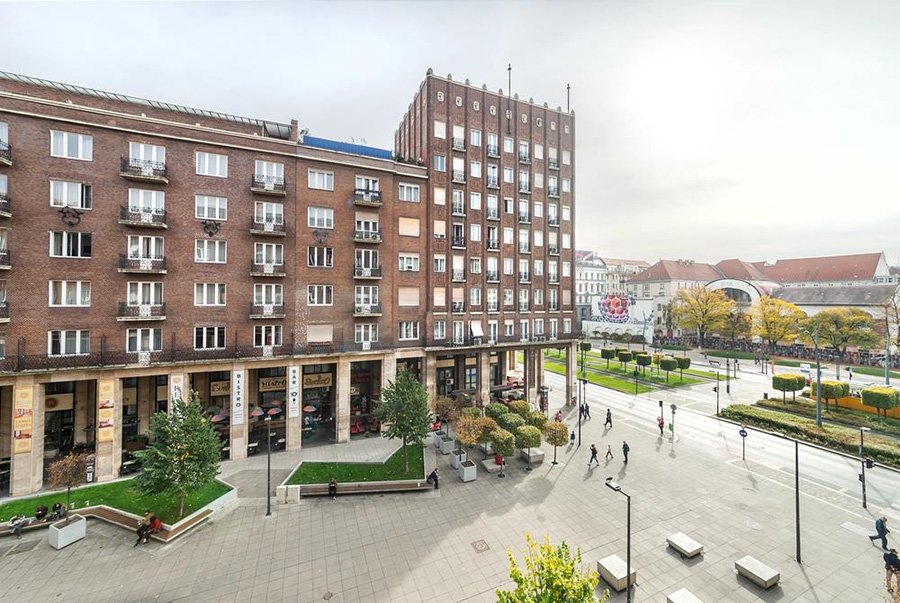Hungary Launches Subsidized Housing Loans: Sharp Price Surge Expected

Photo: Daily News Hungary
Hungary is bracing for a significant rise in housing prices following the launch of the Otthon Start program, which introduces subsidized mortgage loans at a fixed 3% annual interest rate. The scheme, expected to attract tens of thousands of buyers, is likely to place further pressure on the real estate markets in Budapest, Debrecen, and other major cities, reports Daily News Hungary.
Otthon Start: Key Conditions
The new state-backed scheme will begin on September 1, 2025, offering preferential loans for home purchases. Key conditions include:
Maximum loan amount: HUF 50 million (~€125,000)
Term: up to 25 years
Fixed interest rate: 3% annually for the full term
Property price limits: HUF 100 million for apartments, HUF 150 million for houses
Price cap per square meter: HUF 1.5 million (~€3,700)
Applicants must provide at least a 10% down payment, have two years of social contributions, a clean credit history, and no outstanding debts or criminal record. There are no age limits, and family status is irrelevant.
The program primarily targets those who have not owned residential property in a city within the last 10 years, but exceptions exist for smaller properties and partial ownership below 50%. Eligible purchases include demolishable houses and properties with certain usage restrictions. Couples and spouses only need one partner to meet the requirements. The program can also be combined with other subsidies such as CSOK Plusz.
Market Impact
Interest has been enormous: 330,000 phone inquiries were registered, while searches for small apartments in Budapest surged by 60% (ingatlan.com, MTI). Similar trends are observed in other cities and for suburban family homes.
Even without subsidies, Hungary has faced chronic housing shortages. The National Bank of Hungary reported a 15% nationwide increase in housing prices and a 22% rise in Budapest in Q1 2025. Buyers are shifting toward suburbs and rural areas, driving up demand for panel flats and cottages.
The research center GKI warns that the lack of new housing supply may make properties unaffordable for those the program is intended to help. Some analysts suggest waiting could be costlier than taking a conventional loan at 6.5% interest, given rapid price hikes.
Experts emphasize that the program should encourage new construction, not just stimulate demand. Without this, the risk of inflation and potential tax hikes rises.
Expert Forecasts
László Balogh (ingatlan chief economist): the program could bring 60–70,000 new buyers, pushing prices up by 12–18% as early as autumn, including in secondary markets like Miskolc and Kaposvár.
Péter Szege (Duna House): predicts 10–20% growth.
Balázs Sándorfi (Bankmonitor): expects a 15–20% rise in 2026.
Some warn of potential 40% increases, though Parliamentary State Secretary Miklós Panyi dismissed such projections as unrealistic, pointing out that over 100,000 properties already meet program criteria.
Government officials, including Minister Gergely Gulyás, insist price increases will not exceed the subsidy. They highlight a tripling of building permits in Budapest, despite a national construction slowdown of 15%. Analysts, however, caution the effect may be short-lived, echoing Hungary’s experience in the late 2010s when state incentives triggered a temporary boom followed by stagnation.
Подсказки: Hungary, real estate, housing market, Budapest, Debrecen, Otthon Start, property prices, CSOK Plusz, mortgages, investment








